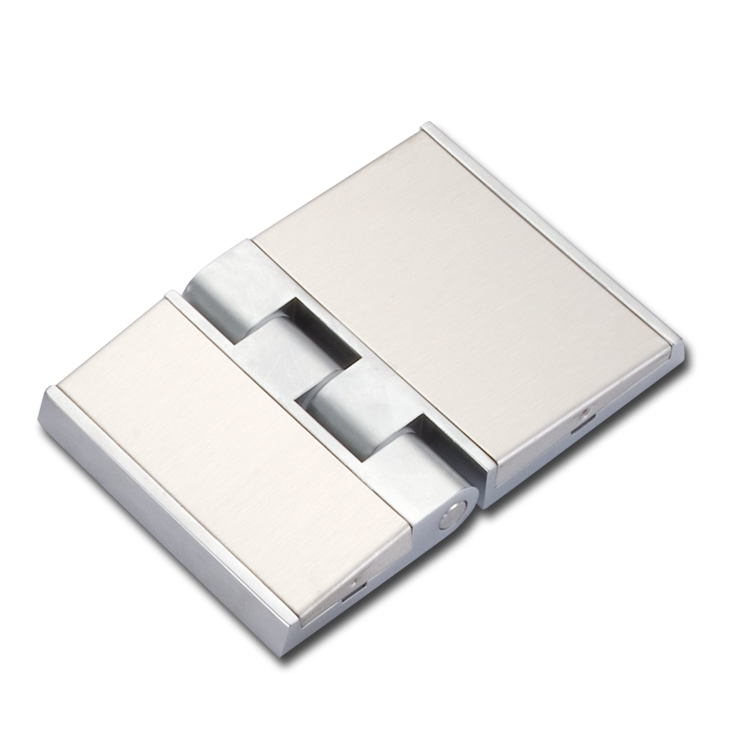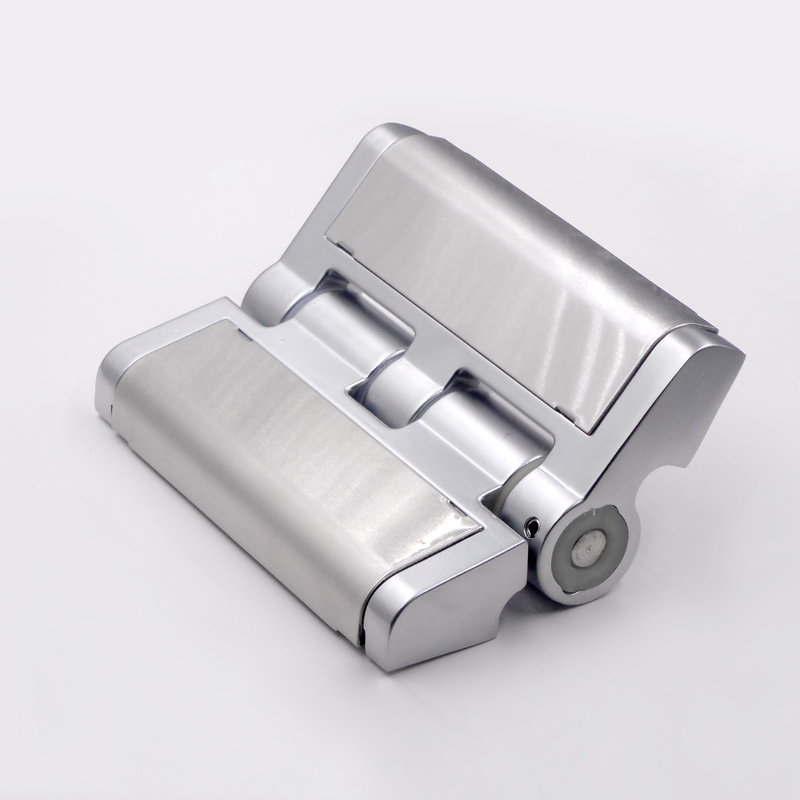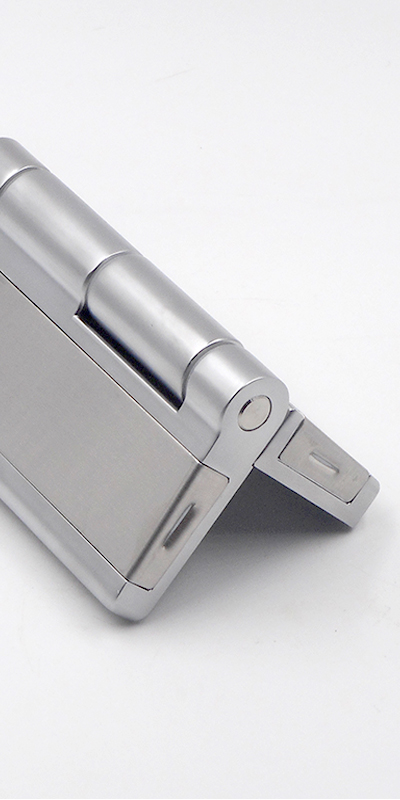In the world of industrial manufacturing, even the smallest components play a pivotal role in ensuring the efficiency, safety, and durability of the machinery. Among these small yet essential components are industrial hinges. Now, you might wonder: “What sets an industrial hinge apart?”
A high-quality industrial hinge is designed specifically to withstand the rigorous demands of industrial applications, offering a blend of strength, longevity, and reliable performance.
While the market is flooded with a multitude of hinge options, how do you discern which ones truly fit the bill for industrial standards? Let’s deep dive into the essential features that a top-tier industrial hinge must possess.
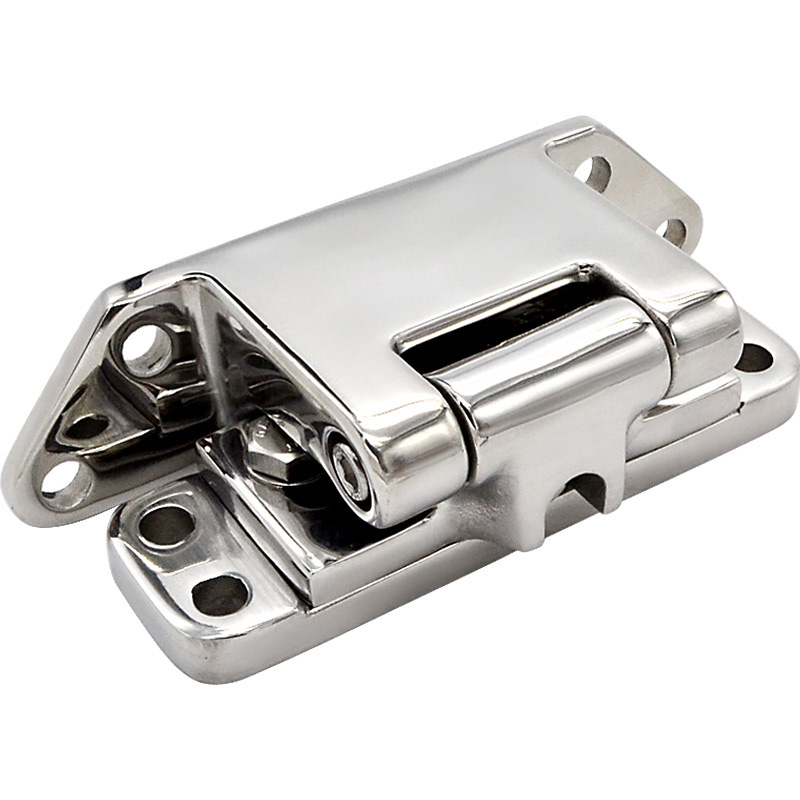
1. High-quality Industrial Hinges with Robust Material Composition
Material choice is paramount. An industrial hinge should be made from materials that resist corrosion, wear, and tear. Stainless steel, brass, and certain types of reinforced plastics are popular choices. Each of these materials boasts specific qualities, like stainless steel’s renowned durability or brass’s natural resistance to corrosion, making them ideal for challenging industrial environments.
2. High-quality Industrial Hinges With High Load Capacity
The ability of the hinge to support weight without deforming or breaking is essential. Depending on the application, a hinge may need to support several tons of weight. A well-engineered hinge should not only bear weight but also distribute it effectively, ensuring balanced operations and mitigating undue stresses on adjoining structures.
3. High-quality Industrial Hinges With Temperature Resilience
Certain industrial environments expose machinery to extreme temperatures, both high and low. The hinge should maintain its functionality and structural integrity under these conditions. For instance, hinges used in cold storage facilities should resist brittleness at sub-zero temperatures, while those in foundries must tolerate intense heat without losing shape.
4. High-quality Industrial Hinges With Good Chemical Properties
Industrial settings often involve the use of aggressive chemicals. Whether it’s cleaning agents, lubricants, or processed materials, hinges should resist chemical reactions. This feature ensures that hinges do not degrade prematurely or become a point of weakness due to chemical exposure.
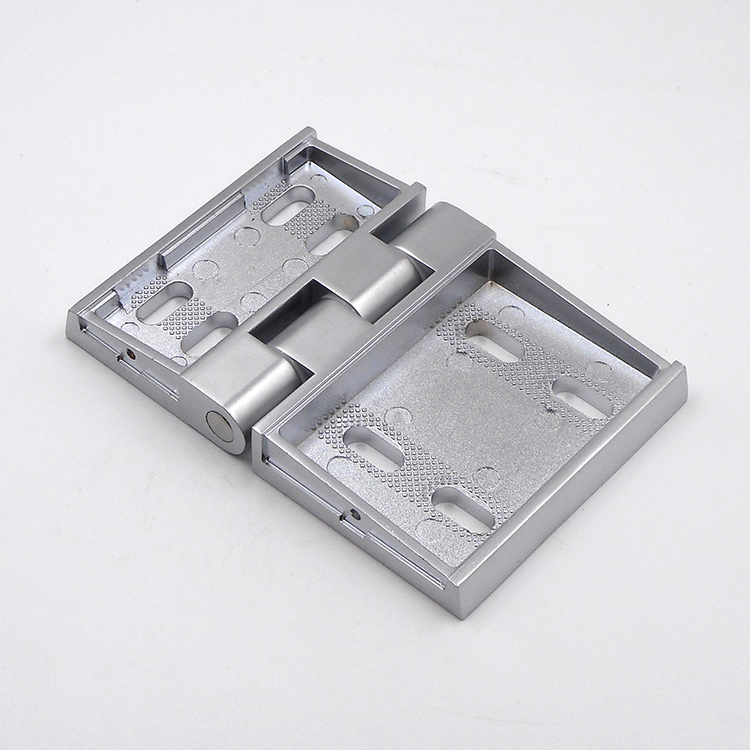
5. Maintenance Ease
Industrial processes can’t afford frequent downtimes. Hinges requiring minimal maintenance are invaluable. But beyond that, when maintenance is essential, the hinge design should facilitate easy servicing or replacement, minimizing disruptions to the operational flow.
6. Precision in Manufacturing
Precision ensures that the hinge fits perfectly into the machinery and operates without glitches. This precision means minimal play and wiggle room. When hinges are precisely manufactured, they minimize errors in alignment, reducing wear and tear, and contributing to the machinery’s optimal performance.
7. Lifecycle and Durability
Longevity is a hallmark of quality. A good industrial hinge should offer an extended lifecycle, meaning fewer replacements over time. This durability is not only about the hinge itself but also its contribution to the entire machine’s lifespan, by ensuring consistent movement and reduced strain on adjoining parts.
8. Security Features
For applications where security is paramount, hinges might need in-built locking mechanisms. These hinges should not only prevent unauthorized access but also signal tampering attempts. Additionally, the design should be robust enough to withstand forceful interventions, making the machinery more secure.
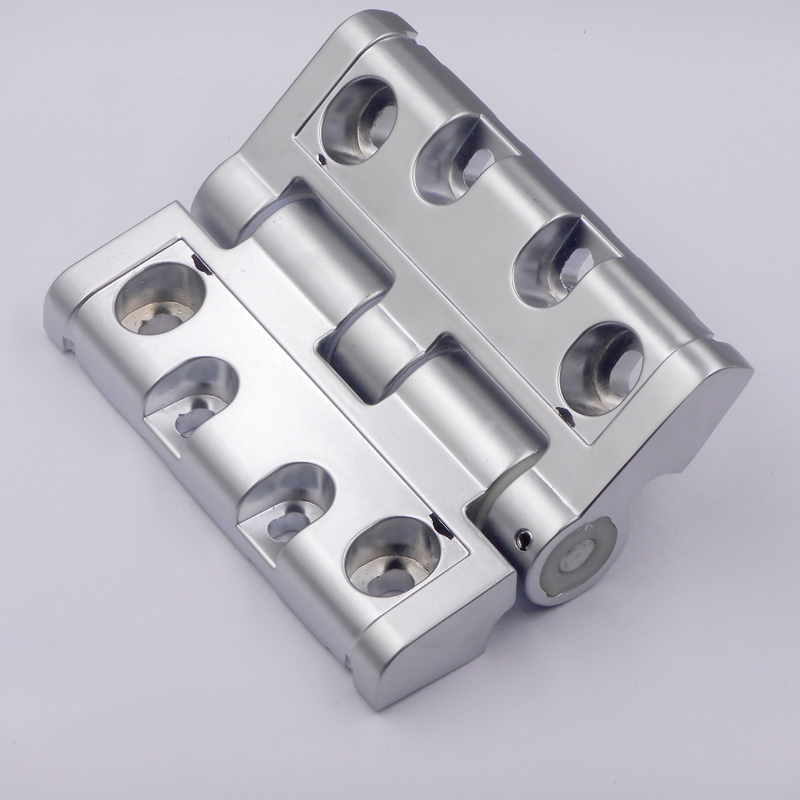
9. Range of Motion
Not all industrial applications require a full 180-degree swing. Depending on the use-case, there might be a need for hinges with limited or extended range. Beyond the range itself, it’s crucial that the hinge movement is smooth and consistent, ensuring predictable and precise operations at every angle.
10. Customizability and Adaptability
In the diverse world of industrial manufacturing, one-size-fits-all rarely works. While standard hinge sizes and designs cater to a broad range of applications, specific machinery might demand custom dimensions or specifications. Manufacturers who can adapt and provide custom solutions offer an edge in ensuring seamless integration and optimal performance.
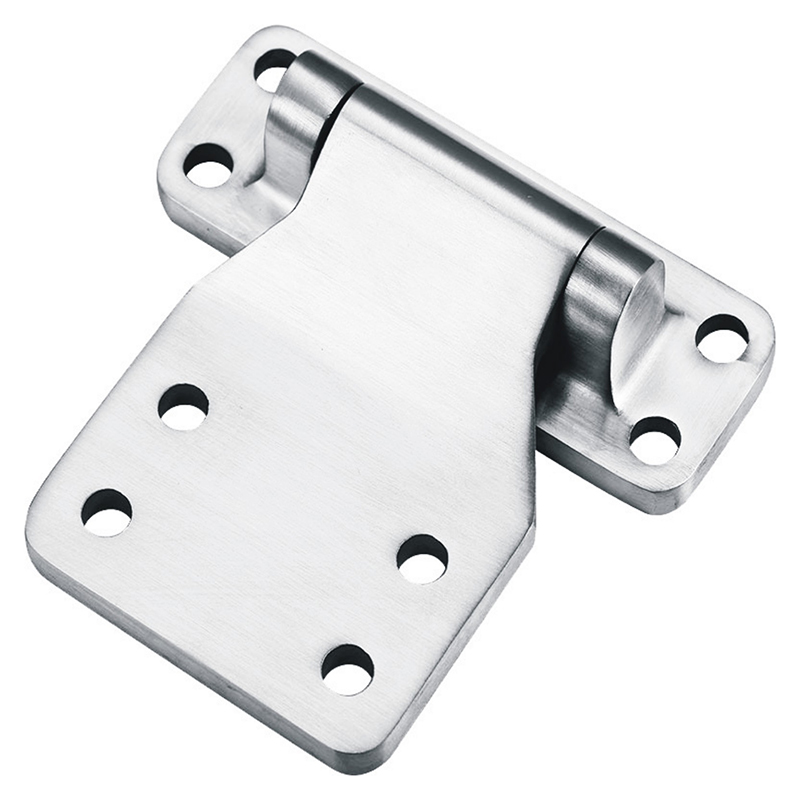
Conclusion
Selecting the right hinge for industrial applications goes beyond mere aesthetics or basic functionality. The features mentioned above are vital in ensuring that the hinge not only fits seamlessly into the machinery but also enhances its efficiency, safety, and longevity. When in doubt, always prioritize quality and suitability to the specific demands of your industrial process.
You might also be interested:

